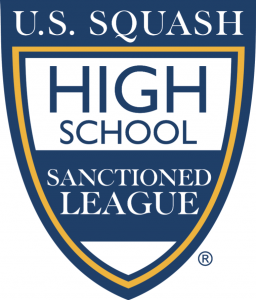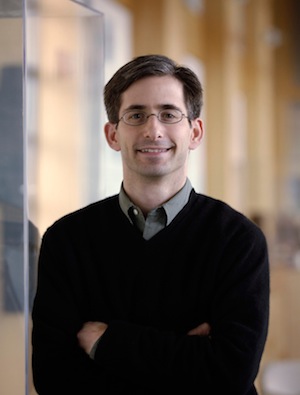By Kevin Klipstein
Inexplicably, George H. W. Bush’s “thousand points of light” phrase seems to stick in my mind. The phrase often made its way into his speeches, and in his inaugural address on January 20, 1989, Bush said, “I have spoken of a thousand points of light, of all the community organizations that are spread like stars throughout the Nation, doing good. We will work hand in hand, encouraging, sometimes leading, sometimes being led, rewarding.” Setting aside the irony of his own party attacking a well-known former community organizer nearly two decades later, I feel the first President Bush was on the right track with this sentiment. Certainly we are pursuing a similar course with the development of high school squash in the US and I am continually inspired by the hundreds of small and large efforts being made to develop programs across the country.
 Two years ago, I wrote of my own experience in helping start a high school league in Rochester when I was a sophomore in the mid-1980’s. While we had some initial success, the league ultimately wound down a year or two later as the first participants moved on to college. This gave me first-hand experience with a volunteer group failing to leverage the work and tremendous effort by not creating a lasting structure. A critical element missing was any sort of link to, or support from, a body that would connect our efforts with others like us across the country.
Two years ago, I wrote of my own experience in helping start a high school league in Rochester when I was a sophomore in the mid-1980’s. While we had some initial success, the league ultimately wound down a year or two later as the first participants moved on to college. This gave me first-hand experience with a volunteer group failing to leverage the work and tremendous effort by not creating a lasting structure. A critical element missing was any sort of link to, or support from, a body that would connect our efforts with others like us across the country.
In my article, I also outlined our plan at U.S. SQUASH to develop and promote program templates for both middle and secondary schools, and to seed new middle and high school leagues by providing targeted grants. Delivering on the pledge, this season, we formally launched the U.S. SQUASH Scholastic Squash Program (SSP). The program supports the development of middle and high school squash in the US by providing the basic resources and tools needed to manage and sustain themselves. As a result, it also creates the essential link between the local league and the national squash community.
How the Program Works
Schools able to form a league of four teams or more may apply to become part of SSP. The application asks basic questions related to the league such as who runs it, number of teams, how the schedules are developed, number of matches per team, etc. There are basic requirements as to the number of teams, how many times they need to play and the reporting of results. U.S. SQUASH then reviews, sanctions, and sets the league up in the U.S. SQUASH system. League administrators are trained on how to schedule the league in the system, and team coaches and managers are trained on how to enter results. The fee is nominal and is offset by a reduction in entry fee for the U.S. Middle or High School Championships.
The results are integrated into the U.S. SQUASH rating and ranking system, and the system makes scheduling, the reporting of results, and general communications much simpler. Players, parents, and fans can track team and individual results through the league pages and individual player profiles.
New programs may qualify for a Harrow “starter kit” discount program, in which team players may purchase a full kit of a racquet, sneakers, and eye-guards at a deep discount. U.S. SQUASH even offers financial grants to new school programs through the Scholastic Squash Development Fund which is made possible by the generous support of Sarah and Stephen Columbia.
SSP, the grant program and Harrow’s support are all focused on developing sustained high school squash in the US, with U.S. SQUASH “working hand in hand, encouraging, sometimes leading, sometimes being led, rewarding,” and as a result nurturing squash’s own thousand points of light.
HELP WANTED!
If you have children who play squash and attend a middle or high school with no squash program, you can get involved by coordinating a team informally using a local club. Schedule some matches with school programs in your area. Apply to be part of SSP and for a Scholastic Squash Development Fund grant and send a winning team to the U.S. High School Team Championships—sure to be the biggest ever in 2011


